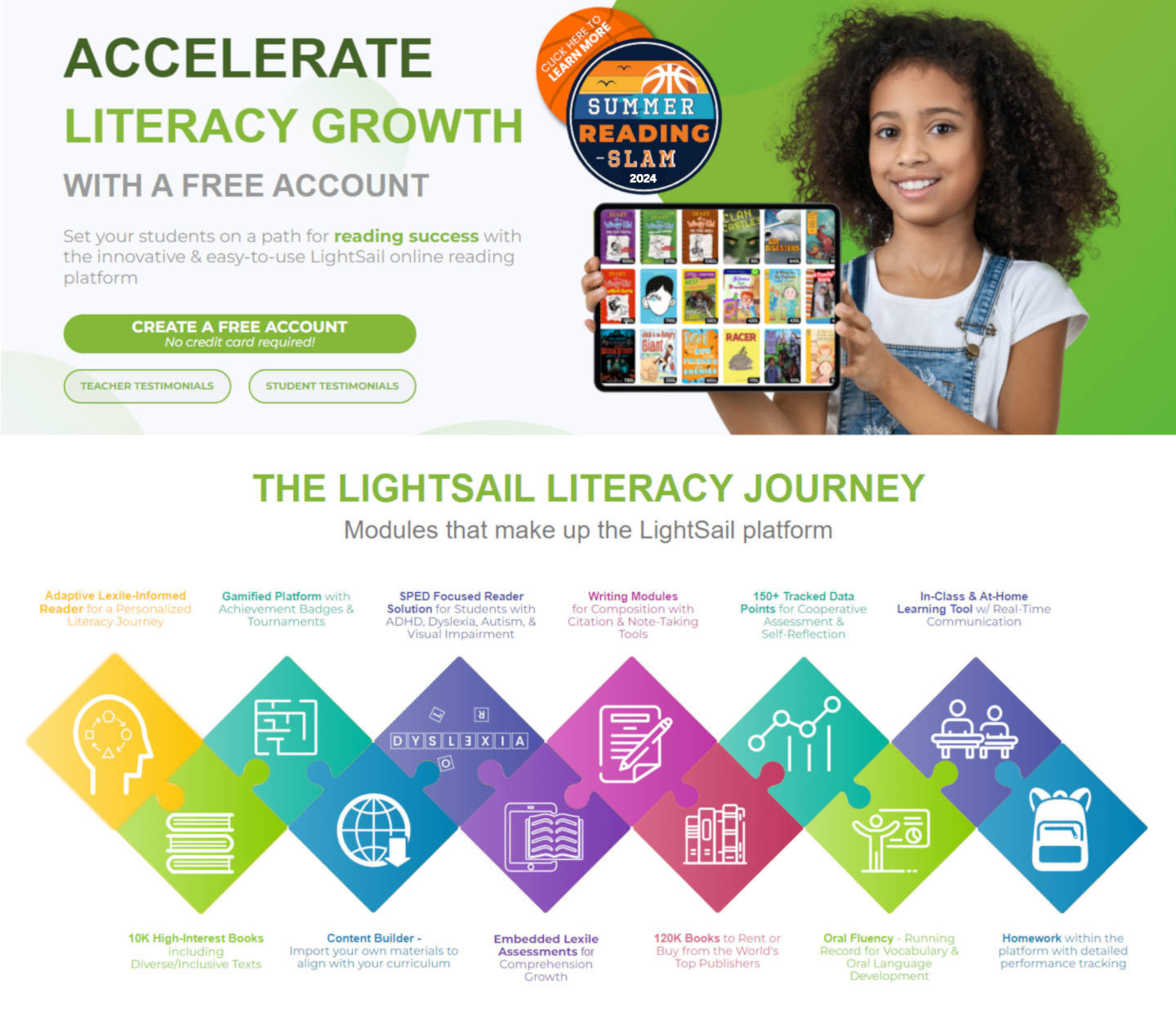
Robots |
|
|---|---|
| Authors: | Jordan, John M. |
| Publisher: | MIT Press |
| BISAC/Subject: | TEC037000 |
| ISBN: | 9780262335652, Related ISBNs: 0262335654, 9780262335652, 0262529505, 9780262529501 |
| Classification: | Non-Fiction |
| Number of pages: | 272, |
| Audience: | General/trade |
Robots are entering the mainstream. Technologies have advanced to the point of mass commercialization—Roomba, for example—and adoption by governments—most notably, their use of drones. Meanwhile, these devices are being received by a public whose main sources of information about robots are the fantasies of popular culture. We know a lot about C-3PO and Robocop but not much about Atlas, Motoman, Kiva, or Beam—real-life robots that are reinventing warfare, the industrial workplace, and collaboration. In this book, technology analyst John Jordan offers an accessible and engaging introduction to robots and robotics, covering state-of-the-art applications, economic implications, and cultural context.
Jordan chronicles the prehistory of robots and the treatment of robots in science fiction, movies, and television—from the outsized influence of Mary Shelley's Frankenstein to Isaac Asimov's I, Robot (in which Asimov coined the term “robotics”). He offers a guided tour of robotics today, describing the components of robots, the complicating factors that make robotics so challenging, and such applications as driverless cars, unmanned warfare, and robots on the assembly line.
Roboticists draw on such technical fields as power management, materials science, and artificial intelligence. Jordan points out, however, that robotics design decisions also embody such nontechnical elements as value judgments, professional aspirations, and ethical assumptions, and raise questions that involve law, belief, economics, education, public safety, and human identity. Robots will be neither our slaves nor our overlords; instead, they are rapidly becoming our close companions, working in partnership with us—whether in a factory, on a highway, or as a prosthetic device. Given these profound changes to human work and life, Jordan argues that robotics is too important to be left solely to roboticists.
LightSail includes up to 6,000 high interest, LexileⓇ aligned book titles with every student subscription. Other titles are available for individual purchase.
SUPPORT GROWING READERS



LightSail Education is a comprehensive LexileⓇ and standards-aligned, literacy platform and digital e-book library. Including multimodal learning functionality and featuring books from leading publishers, LightSail holistically assesses and nurtures each student on their reading and writing-to-learn journey, throughout elementary, middle, and high school.
*LightSail offers a 2,000 or a 6,000 title bundle with its student subscriptions. Other titles are available for individual purchase.



